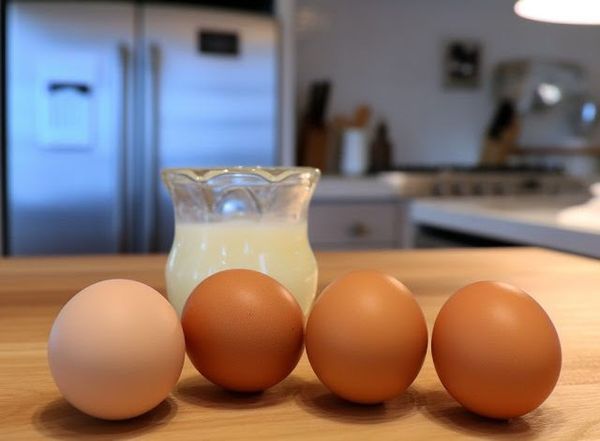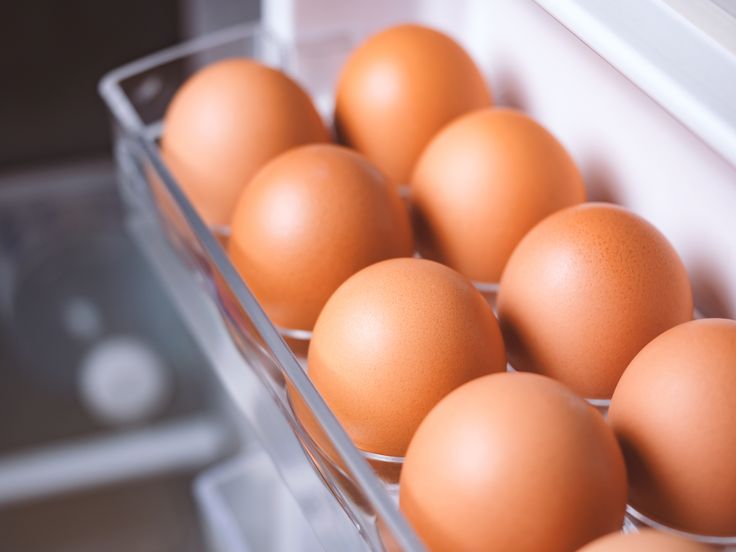Eggs are a versatile and beloved ingredient in many of our favorite dishes, but they must be preserved properly to remain fresh and safe for consumption.

Whether you prefer farm-fresh or store-bought eggs, here are some tips to keep them in excellent condition:
Refrigerate raw eggs at a temperature between 35°F and 40°F (1.7°C to 4.4°C). This allows you to keep them fresh for approximately 3-5 weeks. Remember to store them in the original carton to help prevent unpleasant odors.
When you’re on the go and need a quick meal, hard-boiled eggs are a great option.
Store them in sealed containers in the refrigerator for up to a week.

If you’ve cooked eggs, such as scrambles or omelets, let them cool completely before storing them in sealed bags. This easy method will keep them edible for three to four days.
For cooking convenience, liquid eggs are available in cartons. If unopened, they can last up to a week past the “sell-by” date. However, once opened, it’s best to use them within two days. On the other hand, egg replacements, commonly used in baking, have a longer shelf life of 10-14 days when properly sealed and refrigerated.

To prevent bacterial growth and illnesses like Salmonella, it’s crucial to store eggs at temperatures below 40°F (4.4°C).
In warmer climes, be especially cautious about leaving egg-based meals at room temperature, as germs thrive in such conditions.
If you are unsure about the freshness of an egg, here is a simple “float test” you may perform. Submerge the egg in a dish of water. Fresh eggs sink to the bottom, but older eggs may float due to an increased air pocket.
By following these simple instructions, you can fully enjoy the culinary delights that eggs have to offer. Remember that when properly stored and handled, eggs are a dependable and enjoyable element in our kitchens.

